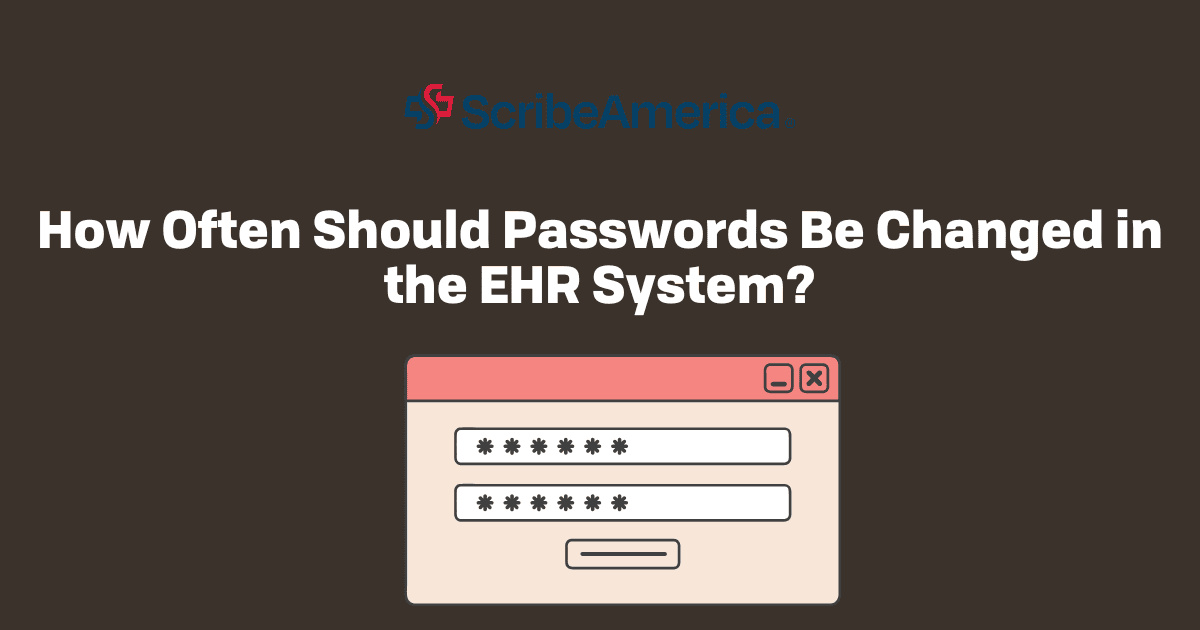Patient care is not just about providing treatments and medications, but also about ensuring a positive patient experience. As patients are becoming more aware of their healthcare options, they expect high-quality care and attention. How to improve patient care in a hospital to work more efficiently and effectively? Keep reading to discover useful tips!
Improving patient care: what makes patient-centered care so crucial?
Patient-centered care is the delivery of healthcare that places the patient at the center of all activities. Involving patients in the decision-making process, taking into account their concerns as well as engaging them in the care is a great way to make them feel more empowered and invested in the entire process. So, how to improve patient care quality? Focusing on the holistic needs of the patient—physical, emotional, and social—creates an environment where patients feel supported and their needs are met comprehensively.

Invest in technology to improve patient care
Advancements in technology have made it possible for healthcare providers to improve patient care in many ways. Electronic health records, telemedicine, and patient portals are some of the solutions that have made it easier to provide quality care to patients. These enable healthcare providers to communicate with their patients and other providers easily, access patient information, and provide remote care.
With technology, healthcare professionals can automate routine tasks, streamline workflows, and thus focus more on patient-centered care. Improving patient care through technology has allowed for better monitoring, quicker diagnosis, and more efficient treatment plans, ultimately raising the standard of patient care.
Hire medical scribes and transcriptionists
Medical scribes and transcriptionists are trained professionals who help healthcare providers document patient information accurately and efficiently.
How to improve patient care? By outsourcing the documentation process, healthcare providers can focus on providing quality care to their patients, without worrying about paperwork. Medical scribes and transcriptionists can also help providers comply with regulatory requirements to reduce the risk of legal issues.
Implement patient satisfaction surveys
They’re a great way to measure patient experience and identify areas that require improvement. Collecting feedback can help healthcare providers understand what patients value most, and what they expect from their care.
Using patient satisfaction surveys enables improving patient satisfaction in hospital care settings.
Train healthcare staff on patient-centered care
One of the most effective ways to improve patient care is by training your healthcare team on patient-centered care principles. Educate your team on the importance of patient-centered care and proper, compassionate communication.
It’s worth remembering that hospital appointments can be stressful for patients, and medical terminology is often incomprehensible or frightening. Thanks to being empathetic and approaching each case individually, staff members can learn how to manage patient expectations and provide emotional support to patients and their families.
Establish a culture of continuous improvement
Embracing a culture of continuous improvement, reviewing and analyzing patient data, identifying areas that require improvement, and implementing changes to address these issues makes it possible to understand the requirements and needs of patients.
Continuous improvement can help healthcare providers stay competitive, boost patient experience, and increase the overall quality of care.
The takeaway: Improving patient care is a multifaceted approach
Improving patient care is a multifaceted process that requires a range of strategies and approaches. By investing in technology, hiring medical scribes and transcriptionists, providing thorough staff training, and gathering regular feedback, healthcare providers can create a patient-centered care environment that improves both the experience and quality of care.
Improving patient care in hospitals doesn’t happen overnight, but with the right tools and mindset, healthcare providers can deliver exceptional care that meets the needs and expectations of all patients. Whether through technological advancements, better staff training, or fostering a culture of improvement, hospitals can improve patient care while ensuring high patient satisfaction in hospital care settings.




